Sherman to lead US strategic, arms control talks with Russia
US Deputy Secretary of State Wendy Sherman is to lead a high-level American delegation to hold strategic and arms control talks with Russian counterparts in Geneva, the State Department says.
“This meeting follows up on a commitment made between President [Joe] Biden and Russian President [Vladimir] Putin to have a deliberate and robust dialogue between our two nations that will seek to lay the groundwork for future arms control and risk reduction measures,” said the State Department in a statement quoted in an AP report on Saturday.
According to the report, Sherman -- currently on an official Asia tour and due to meet with the Chinese foreign minister on Sunday -- will be accompanied by the newly confirmed top US arms control diplomat, Bonnie Jenkins and will begin discussions on Wednesday amid rising hostilities between Washington and Moscow, ranging from weapons systems to cyberattacks, Ukraine and even old allegations of Russian meddling in US elections.
Russia's negotiating team in the first round of the talks will be headed by Deputy Foreign Minister Sergey Ryabkov, the Russian Foreign Ministry declared on Friday.
The main focus of the talks, however, is expected to cover “strategic stability issues” as agreed by Biden and his Russian counterpart during their meeting in the same Swiss city last month, the report added.
The Biden administration seeks to include in the arms negotiations Russia’s numerically superior arsenal of non-strategic nuclear missiles, which are not covered by New START treaty but are of specific concern to European allies and members nations of the US-led NATO military alliance.
The Russians, on the other hand, have declared that they will insist that any new agreement would include negotiated limits on US missile defense systems, which they regard as a longer-term threat to the viability of their strategic arsenal.
The two sides are further expected to explore ways to move beyond the New START agreement extended earlier this year by Biden and Putin until 2026. The treaty was due to expire last February and former president Donald Trump's administration had refused to extend it.
The Trump administration had also withdrawn from several other arms control and related agreements with the Russians during its time in office, provoking major concerns among US allies in Europe and elsewhere. The previous administration claimed the pacts were outdated and that Russia was in persistent violation of them.
Sherman to vow need for 'guardrails and parameters' in China talks
Meanwhile, during her China visit on Sunday Sherman will reportedly tell Chinese officials that Washington welcomes competition with Beijing, “but there needs to be a level playing field and guardrails and parameters in the relationship,” senior Biden administration officials stated Saturday as cited in local press reports.
The officials, briefing ahead of Sherman's talks in Tianjin with Chinese Foreign Minister Wang Yi and other officials, said the world's two largest economies “needed responsible ways to manage competition.”
Her visit to China follows Beijing’s move on Friday to slap US-based institutions and individuals, including former Commerce Secretary Wilbur Ross, with retaliatory sanctions after recent American sanctions against Chinese officials in Hong Kong.
Explaining the tit-for-tat move, China’s Foreign Ministry said, "The US side concocted the so-called Hong Kong business advisory, baselessly smeared Hong Kong's commercial environment, and illegally sanctioned Chinese officials in Hong Kong."
"These actions seriously violated international law and the basic principles of international relations, and seriously interfered in China's internal affairs," the ministry added in a Friday statement.
Reacting to Beijing’s retaliatory move, White House press secretary Jen Psaki insisted during her regular press briefing on Friday that Washington was "undeterred" by the Chinese sanctions, which came after Washington last week issued its business advisory for Hong Kong and imposed sanctions on more Chinese officials over what it claimed to be Beijing's crackdown on democracy in the former British colony.
VIDEO | Unseen agony: Missing loved ones of genocide in Gaza
Iran cuts gold import tariff to zero
Pezeshkian: Iran determined to develop, boost ties with neighbors
VIDEO | Israel, Hamas ceasefire agreement: Closer than ever
VIDEO | Gaza ceasefire to be put in place under resistance conditions
Hot water and sewage: Palestinians share harrowing tales of torture in Israeli prisons
VIDEO | Thousands evacuated in Ethiopia amid earthquakes, volcanic eruption fears
Revealed: Israeli ministers eye restoration of illegal settlements in Gaza through genocide


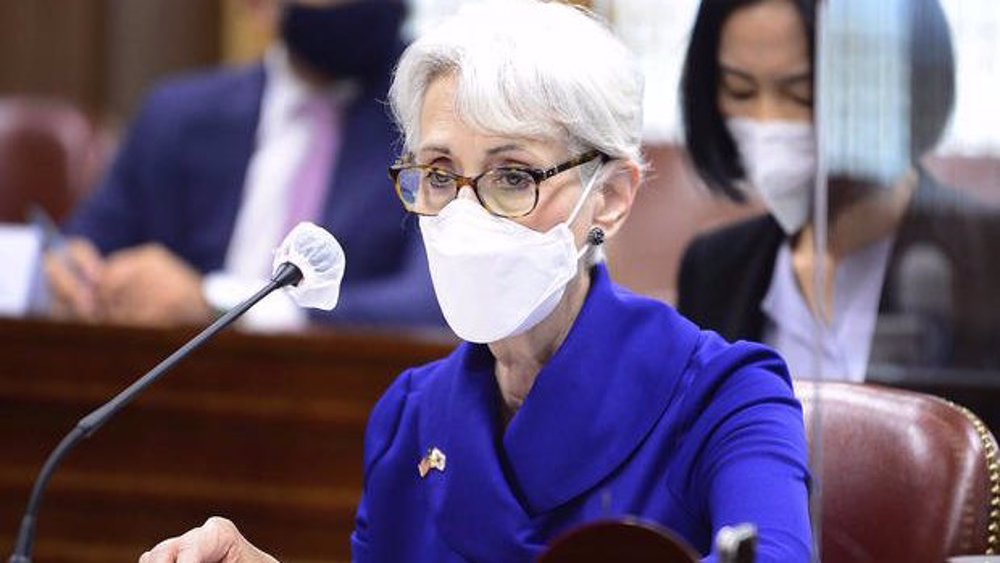
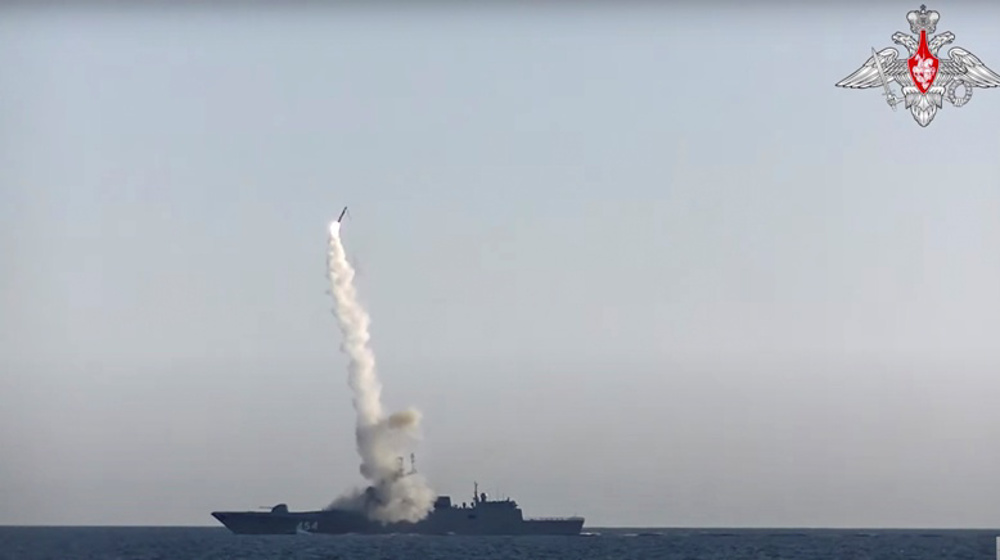
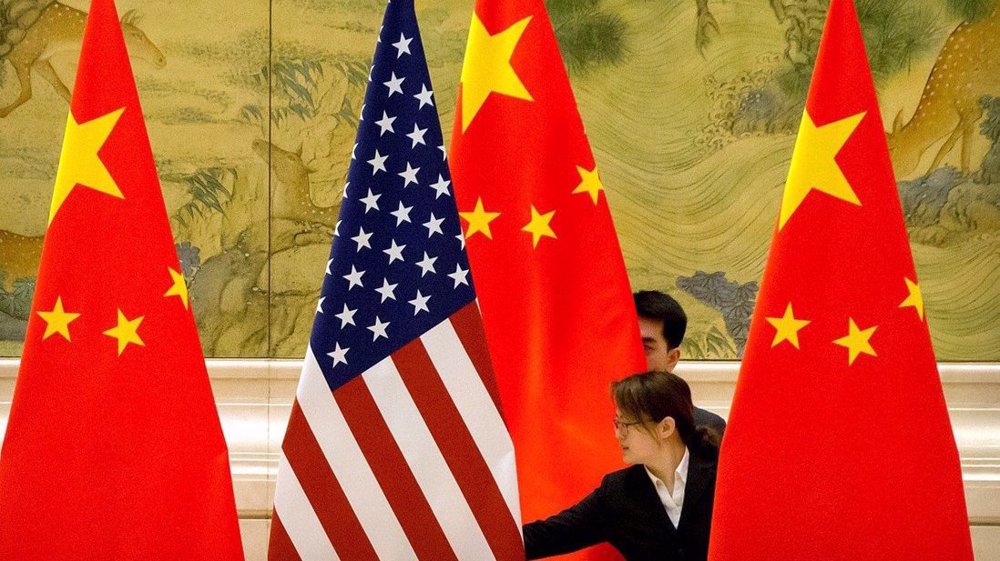

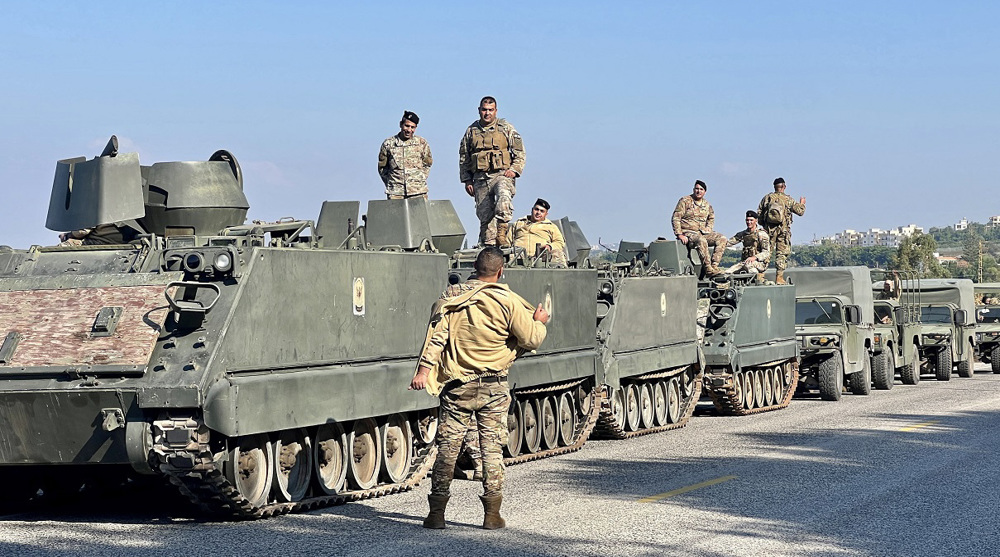
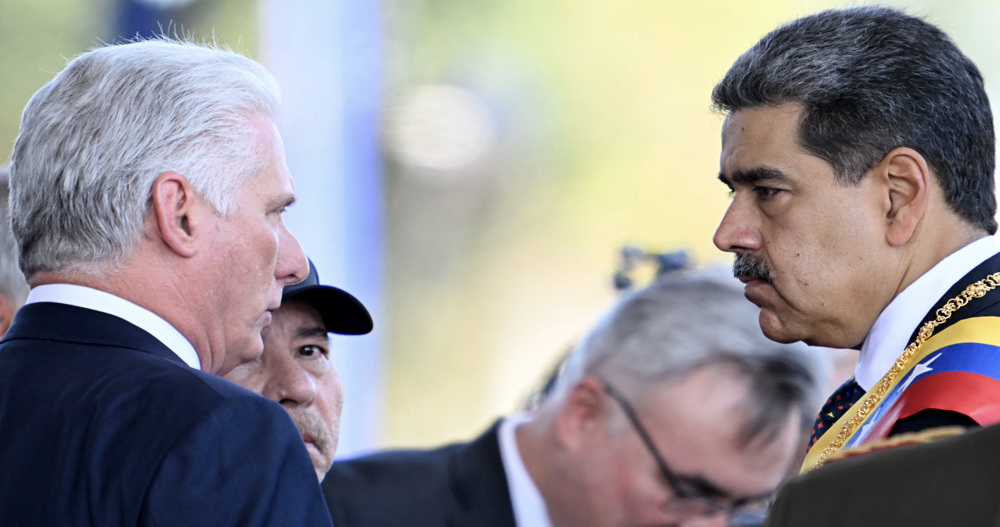



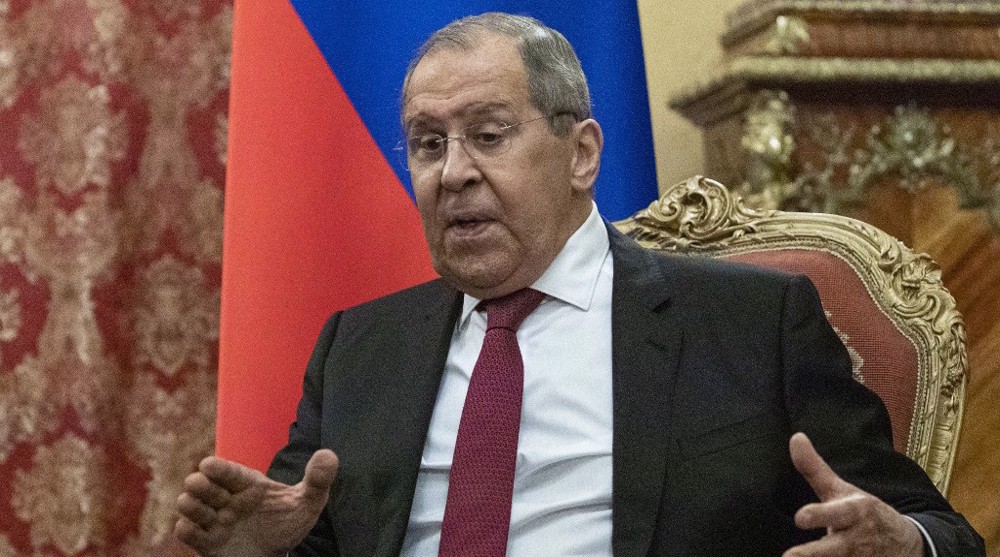
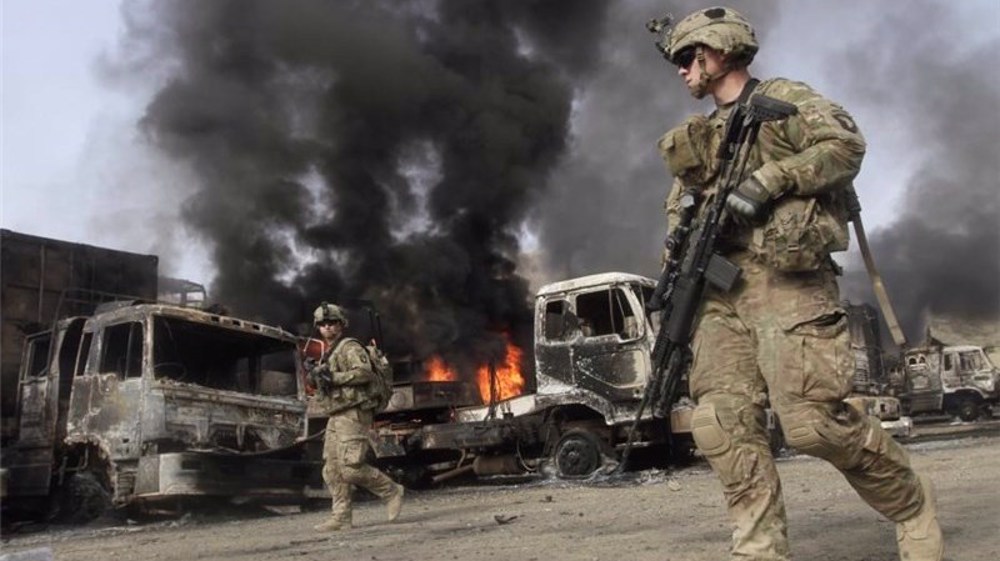


 This makes it easy to access the Press TV website
This makes it easy to access the Press TV website